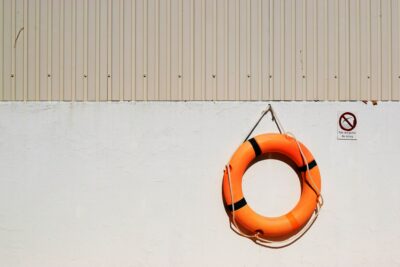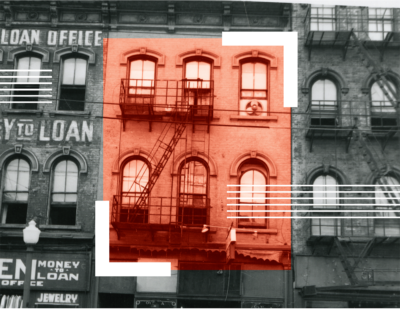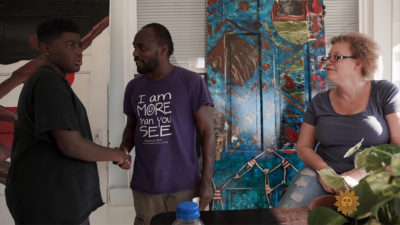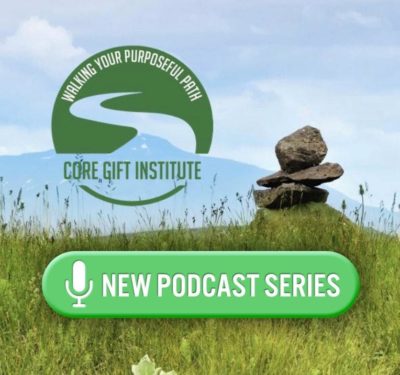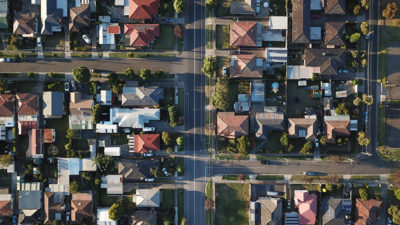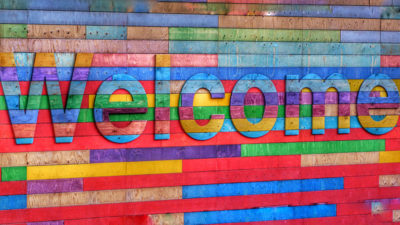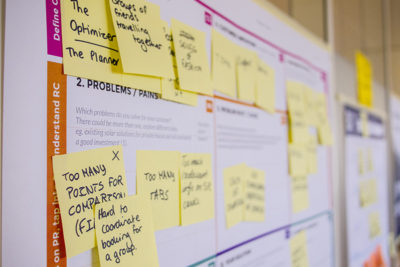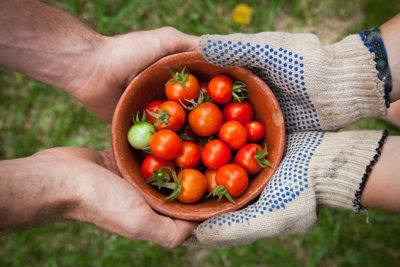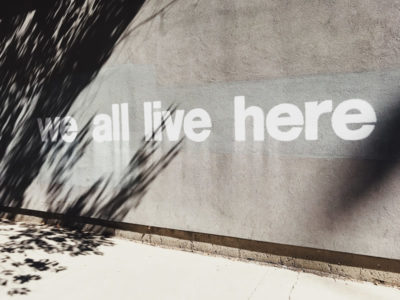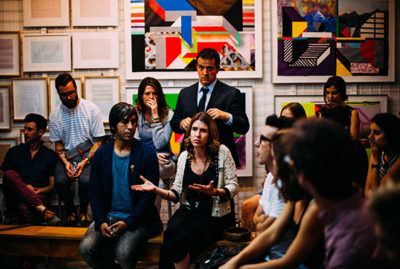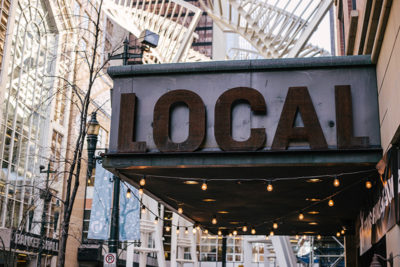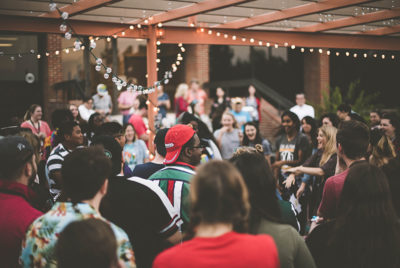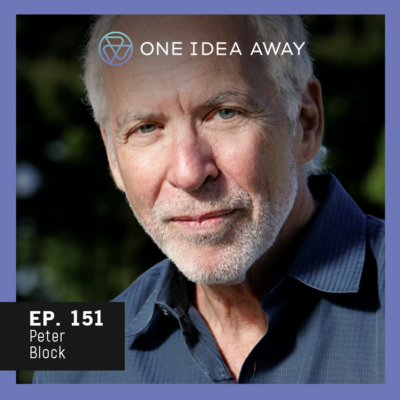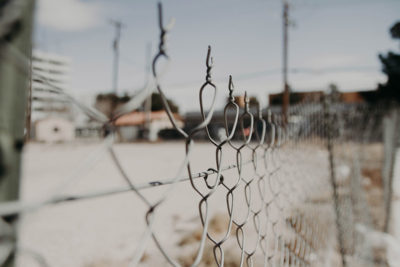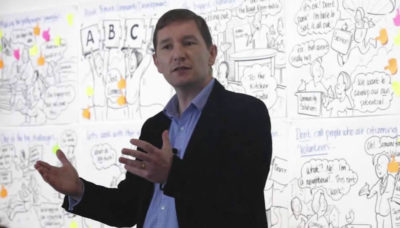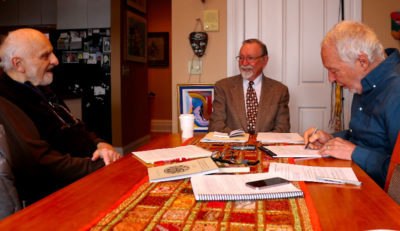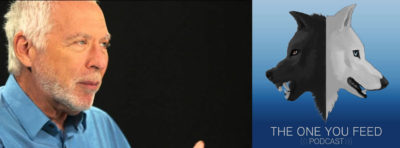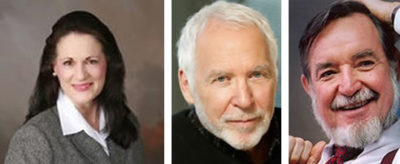Category Archives: Neighborhoods
Becoming Joshua
Spotlighting Kindness
Gifts on Display
Walter Brueggemann: Neighborliness & Solidarity
Power of Gifts Podcast
Jubilee is very simple.
Embracing Deviance
The Dilemma of Meetings
The Problem With Problems
Time Banks Providing an Alternative Economy
Organizing Residents to Solve an Impossible Challenge
Podcast: An Alternative Economy Today
Economist Mark Anielski welcomes Peter Block onto his podcast to discuss initiatives that are looking to overcome the economics of isolation to create an alternative economy. From the Old Testament story of the end of slavery to the reconstruction of land after the Civil War in the U.S., Peter and Mark reflect on lessons from the past and how they are relevant now. In Cincinnati, the Economics of Compassion Initiative and Jubilee projects are showing what can be done today to shift the narrative and start living into a neighborly or indigenous economy. Listen:
Restorative Practices for Turbulent Times
What can happen when we move justice out of the law system and into neighborhoods and communities? Restorative practices are being put into action beyond justice systems into schools and institutions, changing the conversation from fault and punishment to looking at who has been harmed, how they were harmed and whose obligation it is to repair that harm. In this conversation, community and organizational psychologist Thom Allena shares insight and experiences from his work with restorative justice. Listen:
John McKnight: Building Neighborhood Assets
Many know John McKnight’s work on creating abundant communities and focusing on gifts. In this podcast with Mark Anielski, McKnight shares about what sparked his interest in researching assets instead of deficits. McKnight shares the three questions they urge local citizens to ask. It begins with what you have rather than what you need. Anielski, an economist and author, also shares about his well-being survey work and how financial success doesn’t equate higher levels of happiness. Listen:
Economics of Compassion Initiative on the Ground in Spring Grove Village
Neighborly Economics: A Way Towards the Exchange of Gifts
Building a Jubilee EconomyThe J-RAB, INC. Business and Service Coordination Center
The Moment for Community Has Arrived
Creating Community: Podcast
Community Addicts
How Neighborhoods Engage with Local Governments
How are institutions and government most useful in supporting neighbor driven initiatives? What can we do with a little bit of outside assistance? And what do we need somebody from the outside to do? Ron Dwyer-Voss asks these three questions in his work engaging with community groups who want to have stronger relationships with local government.
Ron, owner and founder of Pacific Community Solutions, uses the Asset-Based Community Development process with community groups to help them identify how they can do something to create transformation. He shares with John McKnight and Peter Block stories and insights such as the importance of including reflection and learning conversations as part of the process.
Listen:
ABCD Workshop Coming to Cincinnati
Announcing Common Good
Podcast: Freeing Yourself from Consumer Culture
What is the free market consumer ideology? How does its assumptions affect our lives? In this “The One You Feed” podcast, guest Peter Block discusses concepts from his book, An Other Kingdom, including the pillars of the free market consumer ideology: Scarcity, Certainty, Perfection, and Privatization. As people search for meaning and freedom, Peter shares how neighborliness and covenant are part of an alternative narrative.
Listen:
Quotes:
“Questions bring us together. Answers alienate us.”
“The scarcity mindset is a lie. There is enough.”
“The ‘how’ question destroys our faith in each other, as if the only thing that matters is how long, how much, how predicable.”
Related Read:
Engaging Neighbors Opens Thinking for Health Professionals
Lisa Gale Hadden, Michigan Area Health Education Center executive director, has learned that when medical and nursing students go to neighborhoods to talk with families about their health they discover untapped resources and assets.
“They really saw the value in connecting to the neighborhood health wisdom and used that to become better health care professionals. It changed their care planning for their patients.” Students asked appreciative, open-ended questions to discover how neighbors define their own health in their own terms. Twenty years later, the students have who are now practitioners are still talking about it.
In this conversation, Lisa – who acts as a bridge between medical and community knowledge in her work – shares more about this experience with John McKnight and Peter Block.
Listen:
Quotes:
“The more that there’s income equality in a community, or city, or town the healthier people are.” – Lisa Gale Hadden
“Our advice (to students) has always been . . . you’re there first and foremost to just be a neighbor. I think our students really began to see that as they developed relationships with our neighbors.” – Lisa Gale Hadden



